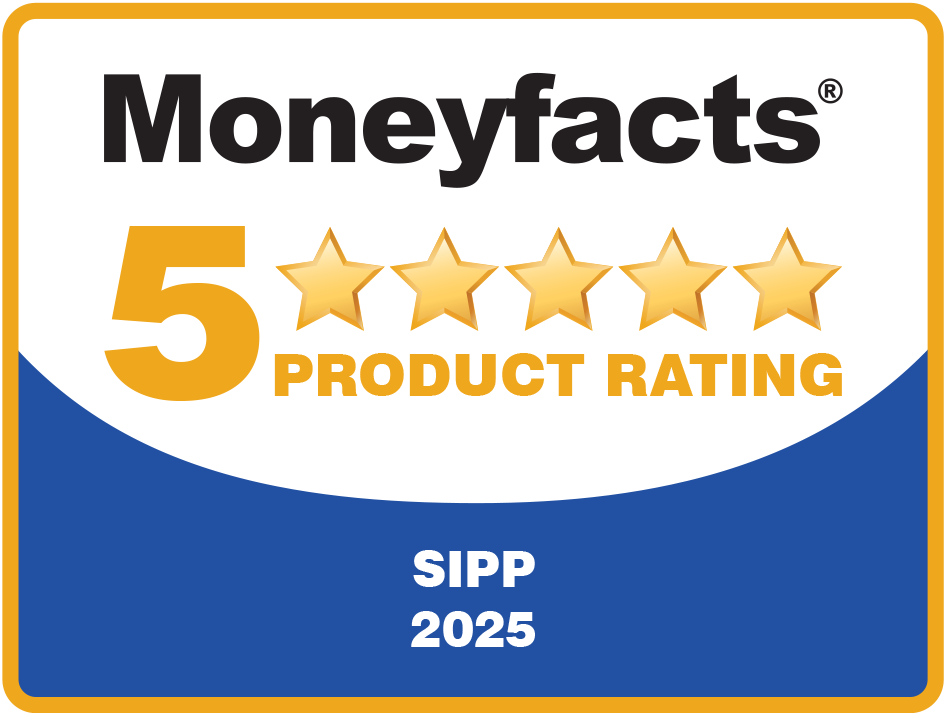Your 10 most-read articles in 2022 – here’s everything you need to know about SIPPs
2022 has been an uncertain and unpredictable year. In January, it would have been hard to imagine we’d now be on our fourth chancellor and third prime minister this year alone!
Navigating your clients’ financial plans through these choppy waters can be tricky. So, each month, we try and provide helpful and informative updates, tackling a range of SIPP and pension-related matters, so you’re better placed to answer your clients’ questions.
The feedback we receive from our regular articles is always positive so, as we end the year, here are your 10 most-read IPM articles from 2022. There’s something here for everyone!
1. 3 useful tips to cope with the new pension transfer regulations, and what the rules mean for you and your clients
On 30 November 2021, the government introduced new pension transfer regulations with the aim of further protecting savers from falling victim to pension scams.
From conversations we had with advisers and planners, it was clear that the introduction and impact of these regulations seemed to have flown under the radar with many.
So, in this article you can read about the new rules, and what has changed.
2. An expert guide to SIPPs, borrowing and commercial property (and how we can help)
Many advisers and planners are looking for a steer as to who to speak with about borrowing within their SIPP.
We know that there are many good lenders out there. Some of these even have their own dedicated SIPP teams to help guide clients through the process. We also work with some excellent commercial brokers who specialise in SIPP lending.
In this guide, a specialist broker who some of our clients have worked with, David Whitehead of Commercial Sense Limited, shares an overview of the SIPP lending market as he sees it.
3. How the recent National Insurance and Dividend Tax rises will affect your business owner and director clients
One of the defining characteristics of the latter half of 2022 was political uncertainty. Policies were announced and then changed, refined, or withdrawn entirely – and the National Insurance and Dividend Tax rises were two examples.
This article examined the tax rises and their effect, shortly before the new administration decided to U-turn on these issues and return both National Insurance and Dividend Tax to their pre-April 2022 levels.
4. SIPP or SSAS – what’s the best option for your client?
When we’re speaking to financial advisers and planners to discuss the self-invested pension options for their clients, there’s one question we’re asked more than any other: SIPP or SSAS?
It’s a question that still does not have an easy answer. However, there are some important differences between SIPPs and SSASs which may affect the answer to the original question when considering which route to select for your client.
This article looks at the key pros and cons of both types of pension to help you determine what might be the best approach for your client.
5. How pension contributions could help mitigate the National Insurance and Dividend Tax rises
Pension contributions can form part of any discussions with clients about the way they structure their remuneration – specifically when it comes to employer pension contributions and salary sacrifice.
While there has no longer been a rise in National Insurance contribution rates, using “salary sacrifice” could still be a useful option for some clients, as this article explains.
6. 6 practical solutions to your clients’ property and SIPP needs
Commercial property continues to be a strong area of interest for IPM clients. While, in a lot of instances, the property will represent a large majority of the assets of a SIPP, there are occasions where this may not be the case.
In this article, you can read about some of the common scenarios we see where a property sits inside a SIPP. Hopefully you’ll find these a useful resource when discussing these issues with your clients.
7. 4 useful tips if your client’s SIPP provider has failed or been bought
In 2021, Defaqto suggested that there were 122 different SIPP products in the market, offered by 74 different firms.
If you have a client who is with a SIPP provider that later becomes part of another company, it can be a concerning time, particularly if the previous provider has failed. It can sometimes be a case of jumping from the frying pan into the fire, with poor service and high fees being two of the most common comments we hear.
So, this article looks at some useful tips if your clients find themselves in a situation where they end up with a “new” SIPP provider.
8. How to use “carry forward” to maximise your client’s pension tax relief (and deal with Annual Allowance issues)
It was a surprise for us to read in the Telegraph that 8 in 10 higher-rate taxpayers did not claim their additional pension tax relief in 2018/19. That amounts to just over 1 million people missing out on £810 million of relief.
As January is usually a busy month for IPM, as we see an increase in contributions made to SIPPs at this time of year, this article examines how your clients can use “carry forward” to tackle Annual Allowance issues.
9. SIPPs and divorce – what you and your clients need to know
There are several different ways that separating couples can split pension assets depending on the type of benefits that they hold.
While pension earmarking and offsetting are two options separating clients can consider, when it comes to SIPPs pensions are normally split using a Pension Sharing Order (PSO). This is a court order that sets out in percentage terms how much of a pension will be granted to an ex-spouse.
In this article, read about some of the points you’ll need to consider, and some questions that you can ask divorcing clients to help manage the process as smoothly and sensitively as possible.
10. 7 important questions you need to ask SIPP providers on behalf of your clients
When clients are on the hunt for a new SIPP provider, the start of the process can be overwhelming. There are more than 100 different SIPPs out there being offered by over 70 different companies.
For advisers, however, it’s important to remember this: even if you don’t recommend these types of investments, you and your clients could still be caught up in any potential fallout should a SIPP provider fail.
We work with advisers who have encountered a range of difficulties since a client’s previous SIPP provider collapsed. So, taking due diligence of SIPP providers in mind, here are some key questions you should ask any potential SIPP provider you may be considering working with, and any SIPP provider you currently have clients with.
Get in touch
Thanks for taking the time to read our updates in 2022. If there are any topics that you’d like us to cover in 2023, please let us know.
If you have any SIPP-related queries, or if you have any clients for whom SIPP or SSAS advice would be beneficial, please get in touch. Email info@ipm-pensions.co.uk or call 01438 747151.



